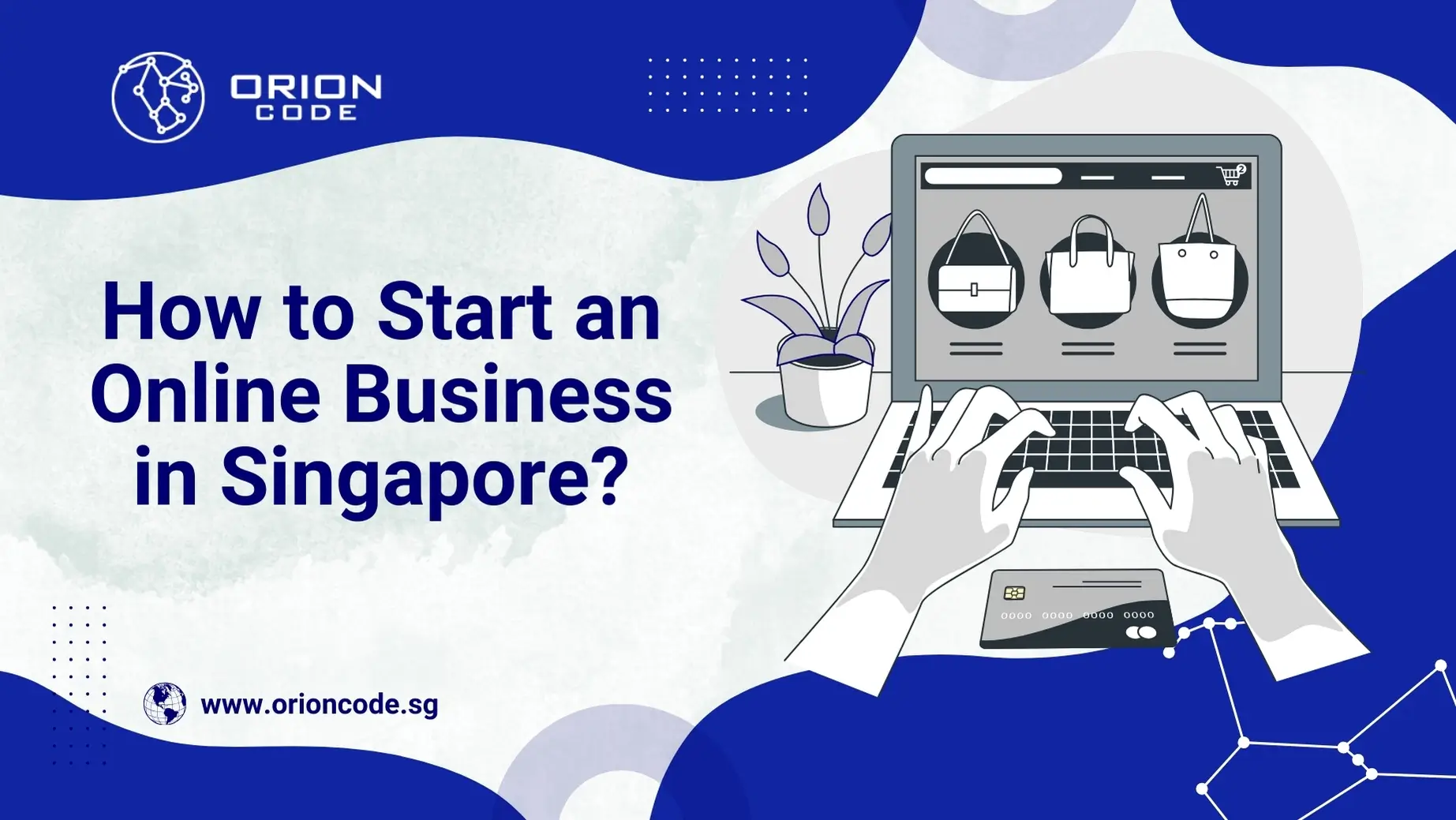
Maximizing Your Digital Marketing Strategy
In today’s interconnected world, digital marketing has emerged as a vital component for businesses seeking to expand their reach, engage with their target audience, and drive growth. This comprehensive guide explores the various facets of digital marketing, from its fundamental principles to advanced strategies, providing insights and actionable tips to help you maximize your digital presence.
Understanding Digital Marketing
What is Digital Marketing? Digital marketing encompasses a wide range of online strategies and tactics aimed at promoting brands, products, or services through digital channels. These channels include websites, social media platforms, search engines, email, mobile apps, and more. In essence, any form of marketing that involves electronic devices and the internet falls under the umbrella of digital marketing.
Key Components of Digital Marketing:
- Search engine optimization (SEO)
- Content marketing
- Social media marketing
- Pay-per-click (PPC) advertising
- Email marketing
- Mobile marketing
- Affiliate marketing
- Native advertising
- Influencer marketing
- Marketing automation
Building a Robust Digital Marketing Strategy
Setting SMART Goals: Before diving into digital marketing initiatives, it’s crucial to establish SMART goals – Specific, Measurable, Achievable, Relevant, and Time-bound. These goals serve as the foundation of your strategy, guiding your efforts and providing a clear roadmap for success.
Identifying Your Audience: Understanding your target audience is essential for crafting effective marketing campaigns. By analyzing demographic data, consumer behavior, and psychographic factors, you can tailor your messaging and content to resonate with your ideal customers.
Creating a Budget: Allocating financial resources to your digital marketing efforts requires careful planning and budgeting. Determine the appropriate budget for each channel based on your goals, audience size, and expected ROI.
Selecting Digital Marketing Channels: With a myriad of digital channels available, choosing the right ones for your business is critical. Consider factors such as your target audience’s preferences, channel effectiveness, and industry trends when deciding where to allocate your resources.
Exploring Key Digital Marketing Tactics
Search Engine Optimization (SEO): SEO is the process of optimizing your website and content to rank higher in search engine results pages (SERPs). By incorporating relevant keywords, improving website usability, and building quality backlinks, you can enhance your organic visibility and attract more traffic.
Content Marketing: Content marketing involves creating and distributing valuable, relevant content to attract and engage your target audience. From blog posts and videos to infographics and e-books, compelling content can drive brand awareness, establish thought leadership, and nurture customer relationships.
Social Media Marketing: Social media platforms offer unparalleled opportunities for connecting with your audience, building brand awareness, and driving engagement. Develop a robust social media strategy, create compelling content, and leverage paid advertising to maximize your reach and impact.
Pay-Per-Click (PPC) Advertising: PPC advertising enables you to display targeted ads to your audience and pay only when they click on your ad. Platforms like Google Ads and social media advertising networks allow for precise targeting, real-time tracking, and optimization to achieve your marketing objectives.
Email Marketing: Email marketing remains one of the most effective channels for nurturing leads, driving conversions, and fostering customer loyalty. Develop personalized email campaigns, segment your audience, and leverage automation tools to deliver timely, relevant messages to your subscribers.
Mobile Marketing: With the proliferation of smartphones and tablets, mobile marketing has become indispensable for reaching consumers on the go. Optimize your website for mobile devices, leverage SMS and push notifications, and create mobile-friendly content to engage your mobile audience effectively.
Affiliate Marketing: Affiliate marketing involves partnering with influencers, publishers, or other businesses to promote your products or services in exchange for a commission. Identify relevant affiliates, provide them with promotional materials, and track performance to maximize your affiliate marketing efforts.
Native Advertising: Native advertising blends seamlessly with the surrounding content, providing a non-intrusive way to reach your audience. Create engaging, contextually relevant ads that align with the platform’s format and audience expectations to enhance brand visibility and credibility.
Influencer Marketing: Influencer marketing leverages the credibility and reach of social media influencers to endorse your brand and products. Identify influencers whose audience aligns with your target market, establish authentic partnerships, and track campaign performance to achieve your marketing goals.
Marketing Automation: Marketing automation streamlines repetitive tasks, automates workflows, and delivers personalized experiences at scale. Utilize marketing automation platforms to segment your audience, trigger automated campaigns, and analyze performance metrics to optimize your marketing efforts.
Leveraging the Benefits of Digital Marketing
Broad Geographic Reach: Digital marketing enables you to reach a global audience regardless of geographic location. By leveraging digital channels, businesses can expand their market reach and connect with diverse customer segments worldwide.
Cost Efficiency: Compared to traditional marketing methods, digital marketing offers a more cost-effective way to promote your brand and engage with your audience. With precise targeting, real-time tracking, and flexible budgeting options, digital marketing allows businesses to maximize their ROI and optimize their marketing spend.
Quantifiable Results: One of the key advantages of digital marketing is its ability to provide quantifiable results and actionable insights. Through analytics and reporting tools, businesses can measure campaign performance, track key metrics, and refine their strategies based on data-driven insights.
Easier Personalization: Digital marketing facilitates personalized interactions and tailored messaging based on customer preferences and behavior. By leveraging data analytics and segmentation techniques, businesses can deliver relevant content and offers to individual customers, enhancing engagement and driving conversions.
More Connection with Customers: Digital marketing fosters real-time communication and engagement between brands and customers. Through social media, email, and other digital channels, businesses can interact with their audience, address inquiries, and build meaningful relationships that foster brand loyalty and advocacy.
Easy and Convenient Conversions: Digital marketing streamlines the path to conversion by providing seamless, frictionless experiences for customers. With just a few clicks or taps, consumers can take action, whether it’s making a purchase, subscribing to a newsletter, or contacting a business, leading to higher conversion rates and improved ROI.
In today’s digital age, a robust digital marketing strategy is essential for businesses looking to thrive and succeed in a competitive landscape. By leveraging the power of digital channels, optimizing key tactics, and prioritizing customer engagement, businesses can maximize their reach, drive growth, and achieve their marketing objectives effectively.
For more insights and resources on digital marketing strategies and solutions, visit Orion Code Services.
Remember, digital marketing is not a one-size-fits-all approach. Continuously monitor performance, iterate on strategies, and adapt to evolving trends to stay ahead of the curve and unlock new opportunities for success.


